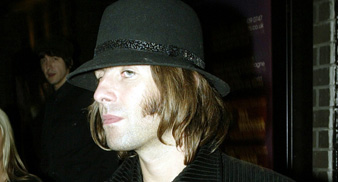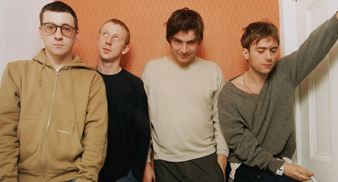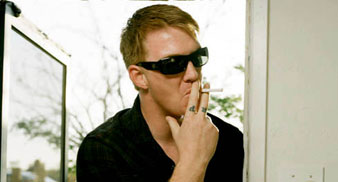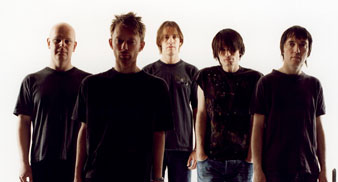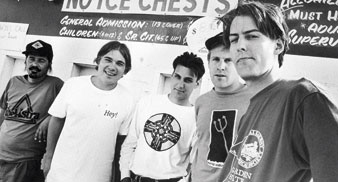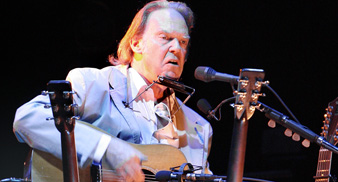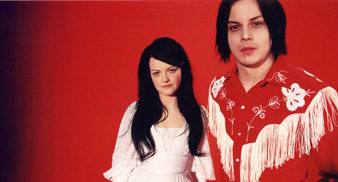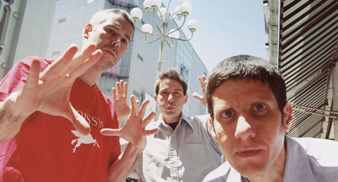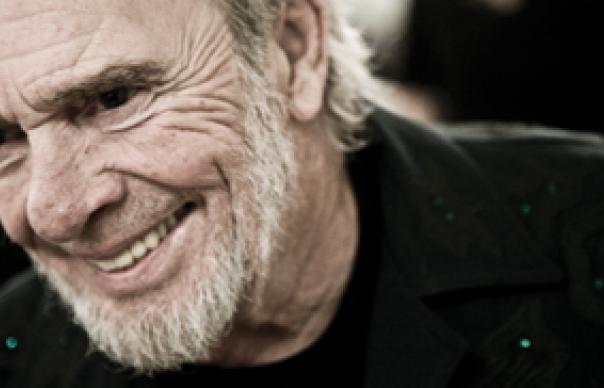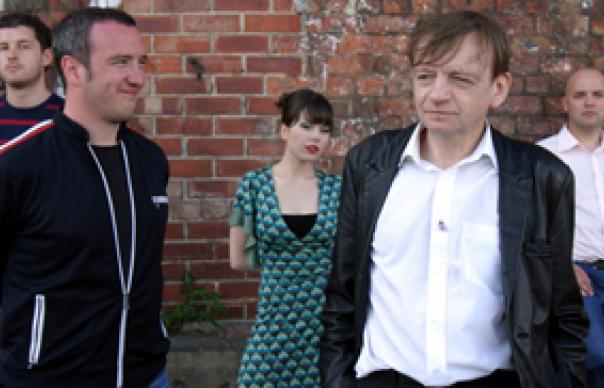I haven’t done one of these round-ups for a while and, with a week of probable live reviews looking likely here, it seemed logical to mop up a couple of things this morning. First up, Elisa Randazzo’s “Bruises And Butterflies”, an extremely pretty piece of folk-rock out of LA on Drag City. I guess the most obvious contemporary comparison to Randazzo and Aaron Robinson’s songs would be Espers, or perhaps Marissa Nadler. But Randazzo and Robinson go even further in assiduously recreating a certain rich, mellow early ‘70s aesthetic, drawing equally from Californian and British traditions. One minute, then, you’re aligning Randazzo’s dreamy work with Linda Perhacs, or something more conventionally Canyons-ish, the next she seems to be channelling Mellow Candle or Trees. Perhaps, in fact, the British line just wins out, thanks to vocal and songwriting contributions from the once-elusive Bridget St John. A quick Wiki reveals intriguing lineage, in that Randazzo’s parents are Victoria Pike and Teddy Randazzo, songwriters whose work included (in Pike’s case) The Third Bardot’s killer garage-psych, “I’m Five Years Ahead Of My Time”. Nice record, regardless: check out “Circles” and “Colors” especially. As, I think, is Gayngs’ “Relayted”, though I’ve been dithering a bit over this one, not least because the opener, “The Gaudy Side Of Town”, has something of George Michael about it. A collective centred around Ryan Olson from Minneapolis, Gayngs seem to be pitching themselves rather archly around an indie-rock transliteration of R&B and 10cc’s more aerated moments: a silvery cover of Godley & Creme’s “Cry” makes the latter most explicit. There’s a suspicion that Gayngs aren’t quite as hip and clever as they think they are, but there’s still plenty to enjoy here: a sustained gaseous, occasionally dubbed-out atmosphere; the unmistakeable Justin Vernon floating in and out of the mix, evidently still finding ways to distract himself from the next Bon Iver; some unlikely affinities with equivalent ‘90s projects, probably featuring Shawn Smith (Pigeonhed, maybe?); and some neat songs, of which the relatively punchy “Faded High”, with its “We Are The Robots” synths, feels like the standout at the moment.
I haven’t done one of these round-ups for a while and, with a week of probable live reviews looking likely here, it seemed logical to mop up a couple of things this morning.


